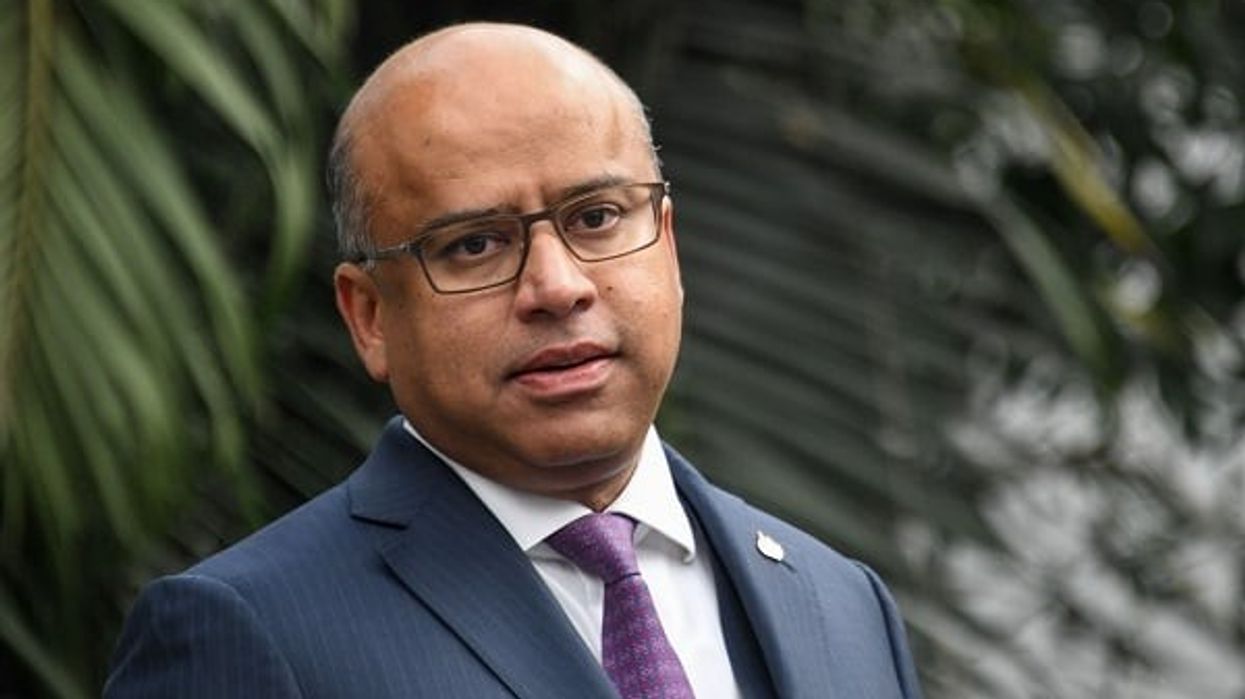SANJEEV GUPTA's GFG Alliance has launched legal action in London high court to reclaim an aluminium smelter in northern France from a US private equity fund, according to a report.
- A fund controlled by American Industrial Partners (AIP) run the smelter in Dunkerque since October after gaining approval from the French government.
- The claim by two GFG Alliance companies is centred on a complex series of loan agreements. However, GFG’s court filings suggest the case may prompt further scrutiny on operations controlled by Gupta, reported The Guardian.
- According to the court filings, AIP alleged in September that it was unable to accept payments from GFG related to the loans because of an allegation that the companies may have broken Romanian law.
Gupta now faces financial problems following the collapse of its main lender, Greensill Capital, in March last year. His companies are also facing criminal investigations in several countries.
The UK’s Serious Fraud Office (SFO) is investigating GFG and Greensill. Paris prosecutors are looking into several allegations of misuse of corporate assets and money laundering. German authorities are also investigating.
The Guardian report pointed out that Dunkerque smelter, the largest in Europe, was an important asset for Gupta because it was still profitable, and high aluminium prices in recent months have made it even more attractive.
Days after announcing that they had taken control in October, AIP executives arrived at the site and informed surprised managers that they were the new owners. They have been running the site ever since.
In the particulars of a claim signed by Gupta, the GFG companies argued that AIP was acting “in bad faith, oppressively and/or otherwise unconscionably” in order to “appropriate” the smelter.
AIP has not yet filed its response to GFG’s claims. GFG’s filing described four separate requests for “KYC” (know-your-customer) information from GFG by AIP between July and September. KYC checks are required by companies under anti-money-laundering (AML) laws.
The court case comes amid scrutiny of GFG’s operations in Romania, where it runs a large steelworks in Galati, a port city on the river Danube. A Czech government minister last year called for an investigation into the sale of carbon credits worth £40m from a Czech steelworks to GFG’s company, Liberty Galati.
Recently, the Financial Times reported that GFG companies had routed transactions through a Romanian bank owned by Gupta, the Bucharest-based Banca Romana de Credite si Investitii (BRCI).
“None of the funds tendered to repay the [loan] facility with AIP had any connection with BRCI," a GFG Alliance spokesperson told The Guardian.
"It was GFG’s opinion that AIP had unlawfully expropriated the valuable aluminium smelter. GFG had been able to pay all liabilities owed to AIP under a financing agreement”.
BRCI has stated that it was a completely independent banking institution with a fully independent board of directors.
GFG says it employs as many as 35,000 people across the world in steel, aluminium and energy, with 5,000 people in the UK. In February, HM Revenue and Customs filed in the courts to shut down four Liberty Steel companies in the UK over unpaid tax.














